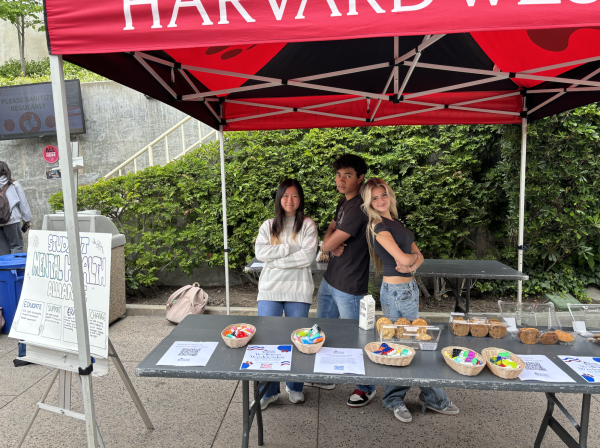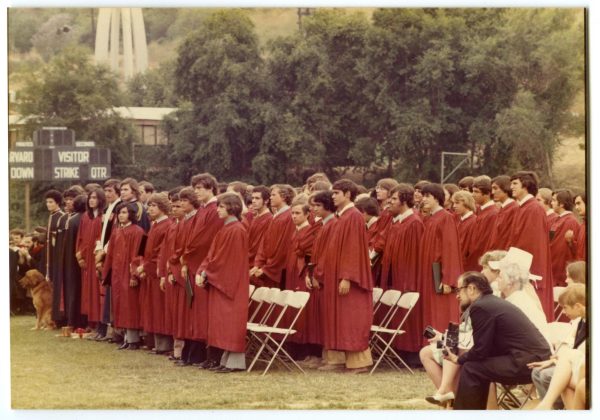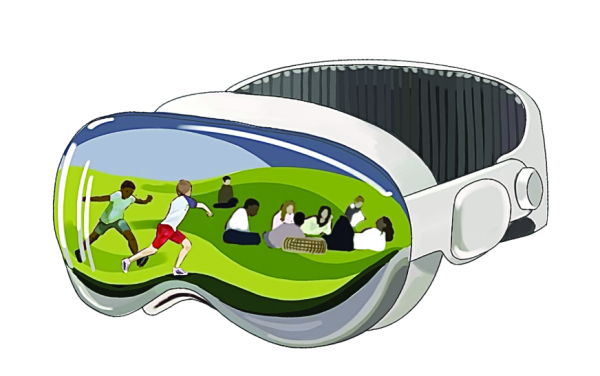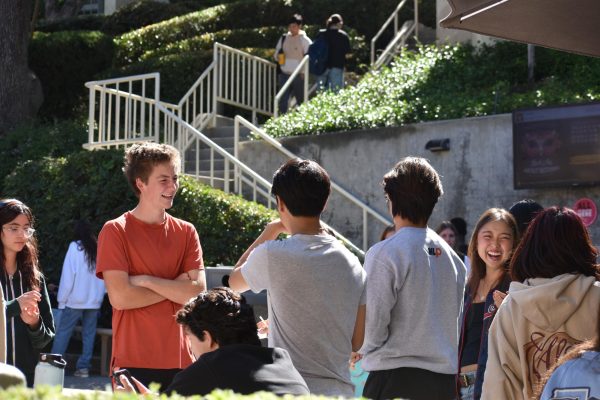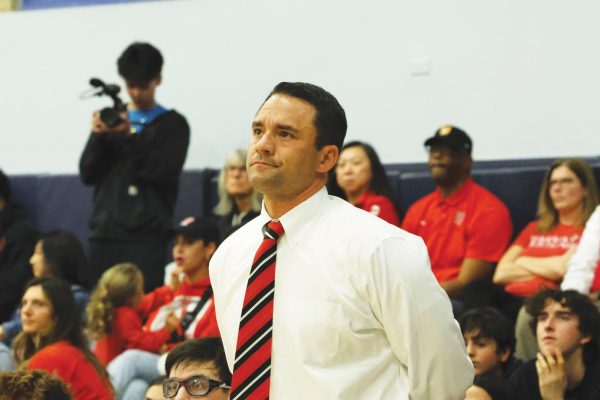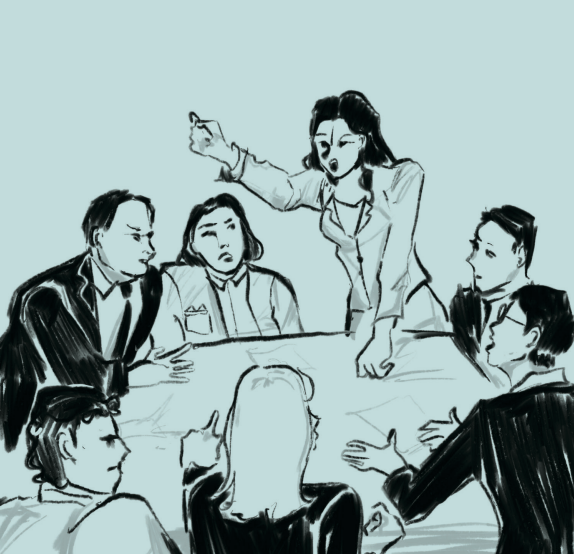Improving Our Speakers Series
August 25, 2022
On the first day of school, Aug. 24, the school gathered together on Ted Slavin field to welcome in the challenges, successes and failures sure to accompany the new year. Convocation represents one of the few times students, faculty and staff will gather together to hear speeches from distinguished members of the community. Another, more overlooked time this happens is in Community Flex Time throughout the year. Each year, the school invites a set of recognized people –– actors , academics and artists alike –– to speak to the entire school about their topic of expertise. These events are important to our community because the topics about which our speakers lecture are the ones we most often hear discussed around our dinner table, in the national media and on the Quad in the days following. In its chosen speaker series, then, the school has the unique opportunity to use its reputation to inform our community –– and especially us students –– on some of the most pressing issues of our time.
The last few years, however, have seen the very opposite. The school has certainly considered some of the world’s most weighty issues –– military service, social media in the digital age and mental health in adolescents –– but they have sometimes chosen people whose presentations prove uninsightful. To discuss the geopolitical relations between Israel and Palestine, for example, the school invited an actress-activist whose 50-minute presentation included multiple technical errors and uncontextualized information.
This choice of selecting famous figures over those who may be perceived as more tedious represents a poor instinct; in appealing to traits the students would ostensibly appreciate –– celebrity status and social media followings –– the school actually sacrifices the substantive content of speakers. Our school is fortunate enough to have some of the smartest, most talented students and faculty in the nation, and we owe it to ourselves to use our endowed lecture series in the way that contributes most to our mission statement. That is, we must invite whoever most closely aligns with our core values and trust that our community will handle their lecture with maturity and courage.
For a guide to choosing our speakers, we should look no further than the recently established Kutler Center Scholar in Residence program, which every year hosts an expert to speak to individual departmental classes on their selected topic. Past Kutler Center Scholars have included Kimberly West-Faulcon, a professor of constitutional law at Loyola Marymount University; Juliette Kayyem ’87, a member of the Department of Homeland Security in the Obama administration; and Daniel Holt, a pianist and composer. These figures each represent excellence in a variety of fields, and these are the kinds of people the school should invite to lecture in front of the entire school at one of our most important events.
Further, we should alter our current system, in which students learn about the speaker a week or so before the event, and allow the school community to have a say in the people they hear speak; it does not have to be purely democratic, but allowing us to at least be considered in a survey prevents disconnect between the administration and student body. Taking these measures will hopefully ensure that our Speaker Series and the conversations that accompany it are as engaging, numerous and fruitful as possible.































